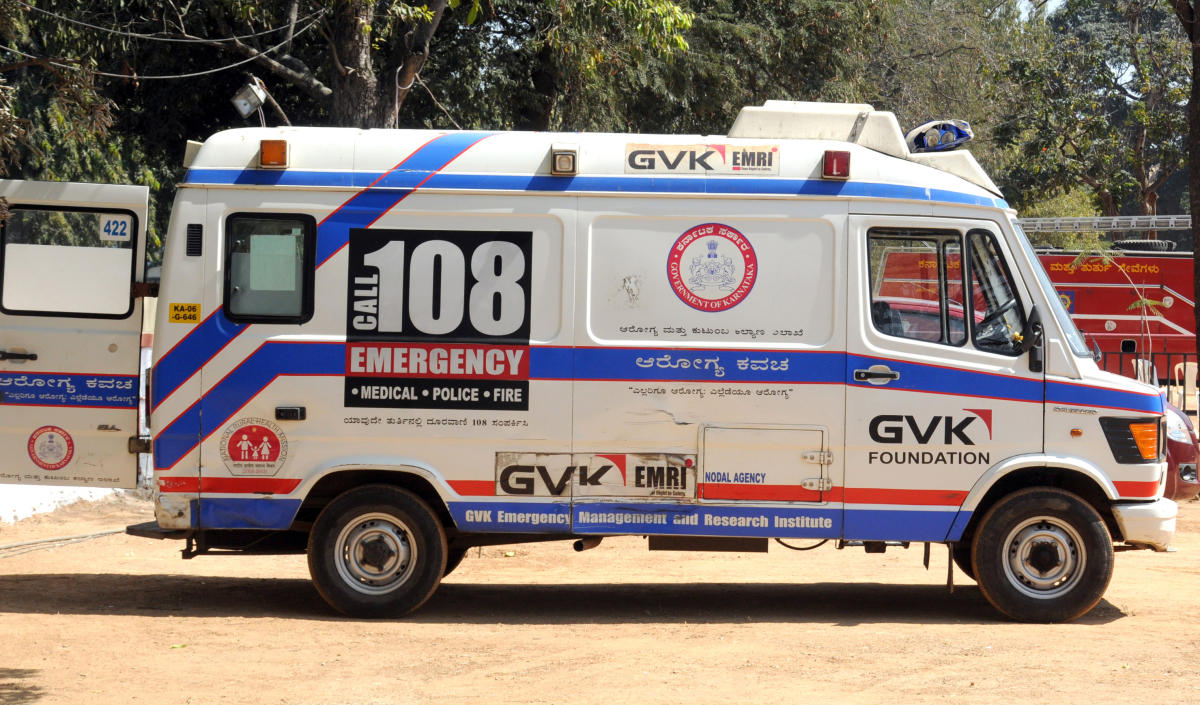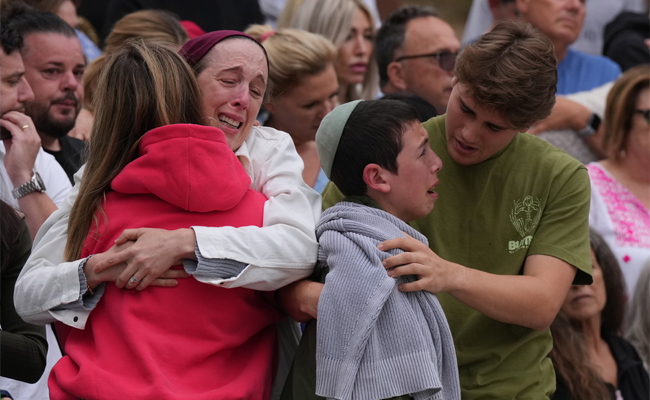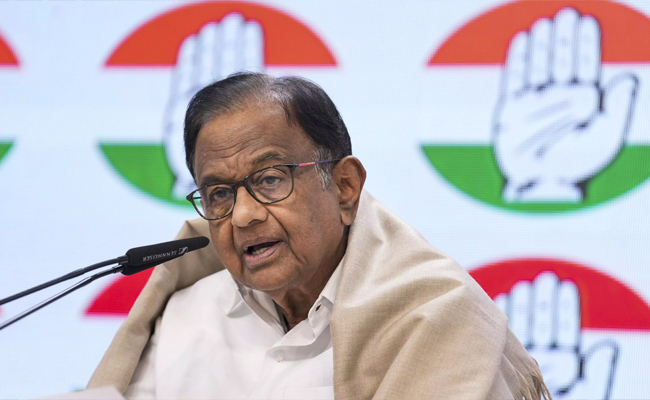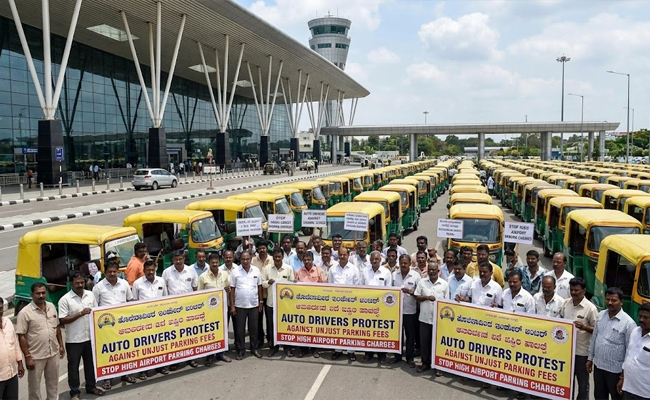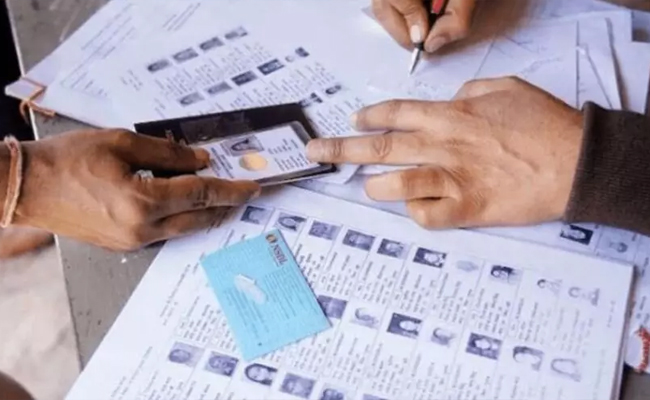An audit report conducted by the Principal Accountant General (Audit 1), Karnataka on the functioning of the Aarogya Kavacha (108 Emergency Services) in Karnataka has found lapses, inadequacies, mismanagement, and reported non-performance by the personnel of the service.
The audit report by the Principal Accountant General (Audit 1), Karnataka was conducted with two main objectives - Examining the adequacy and responsiveness in the delivery of quality emergency medical services by the Arogya Kavacha–108 project and Examining whether the IT system deployed in the project was adequate in delivering quality care.
The audit also took note of one incident where the ambulance crew stopped for dinner during which the caller made four follow-up calls to enquire about the arrival of the ambulance. Since the ambulance did not arrive even after 80 minutes, the patient was transported to a hospital in a private vehicle and died.
It also observed the lack of a call-back mechanism for the operators to call back the callers in case they were unable to attend to the incoming calls or if the call gets disconnected. According to the audit, a case was noticed where the operator could not call back the caller after the call was disconnected leading to the death of the patient.
The audit evaluated the performance of the services in eight of the 30 districts of the state. It also included inspection of 25% of ambulances in each district, structured interviews with emergency medical technicians, pilots, and emergency department staff in district hospitals, the beneficiary survey of those admitted in the district hospitals, etc.
According to the audit, the 108 service call centers in Karnataka attended 253.30 lakh calls out of 256.45 lakh calls between April 2014 and March 2019. Of the 253.30 lakh calls, the audit reported only 36% (91.62 lakh) were effective calls. The rest, 64% (161.68 lakh) were ineffective calls i.e. no response calls, missed calls, nuisance calls, wrong calls, prank calls, etc.
Of the 91/63 lakh effective calls, 44% were non-emergency calls i.e. inquiry calls, follow-up calls, caller concerns, and appreciations, calls from field staff seeking clarifications, etc.
According to a Union Ministry of Road Transport and Highways’ report “Road Accidents in India 2018”, India accounted for 11% of all accidents-related deaths across the world while having only 1% of the world’s vehicles.
It is indeed likely, that some of these lives could have been saved had the victims received prompt and adequate emergency medical care. In fact, in the Pt Parmanand Katara vs. Union of India and Ors case (1989), the Supreme Court held that Article 21 of the Constitution includes the right to emergency medical care. The SC had also emphasized the importance of the “Golden hour” i.e ‘the time period lasting one hour following a traumatic injury during which there is the highest likelihood of preventing death by providing prompt medical care.
Indian Audit and Accounts Service (IAAS) officers, EP Nivedita and Pavan Kumar Reddy in their article for Bengaluru.citizenmatters.in stated “Since such a humongous volume of ineffective/non–emergency calls were certain to affect service quality adversely, measures such as providing an alternate number for inquiries, educating the public about the use of 108 for emergencies only, penalizing those who indulge in prank calls, sharing the contact details of the ambulance crew with the caller, etc should have been implemented.”
“Accurate pre-arrival instructions to emergency callers before help arrives at the scene is a well-recognized practice in emergency situations. These instructions are potentially life-saving in many cases. However, the audit observed that Emergency Response Officers (ERO) and Despatch Officers (DO) were not trained to provide pre-arrival instructions to callers.” The two officers mentioned in their report.
An indicative list of observations is given below:
The mandated response time for cardiac, respiratory, stroke, and accident cases is 10 minutes. However, the actual response time for all these types of emergencies was above 10 minutes in more than 60% of cases. Further, in 50% of trauma cases, the patients were admitted to the hospital after the “golden hour”.
An ambulance can be deployed afresh only after the case on hand is closed. The prevailing practice was that the ambulance crew closed the case only on reaching the base location. Analysis of timelines revealed that in 89% of cases the ambulance crew did not report the closure of cases immediately after reaching the base location. Audit noticed a case wherein the two nearest ambulances at the base station were not allotted to the patient because the ambulance crew had not closed the previous case. The call center allotted the fourth nearest ambulance which was far away. The patient did not survive.
“Today we have a surfeit of IT tools which can enable precise measurement and analysis of voluminous data. However, we observed that the project suffered from various data integrity issues such as manual data capture, incorrect reporting by the ambulance crew, null values for the type of emergency, manual insertion of cases, back-end updating of data, unrealistic data points like transportation of more than 20 patients at a time in multiple cases, etc.” Nivedita and Pavan added in their article.
“Such weaknesses render data unusable for corrective action. One serious inconsistency noticed was in the recording of Chute Time i.e the time taken between the assignment of an ambulance and the moment it starts moving towards the scene. The software recorded chute time uniformly as one minute without capturing the actual time taken.
“Based on GIS data, the audit analyzed the chute time of 38,737 cases for the period January 2019 to June 2019 and found that in 60% of cases it was more than 10 minutes. This is a painful loss of time which can be a matter of life and death for patients.” The article further added.
The private service provider was appointed by the government without any competitive bidding, by obtaining exemption under Karnataka Transparency in Public Procurement (KTPP) Act for this Public Private Partnership (PPP) arrangement. Further, the nature of the contract with the service provider and its implementation has a massive impact on the latter’s performance.
“Audit observed that the Memorandum of Understanding (MoU) entered into by the state government with the private partner had several shortcomings –absence of penalty for deficient delivery of services, failure to specify qualifications for various personnel, lack of any protocol for handling grievances, non-existence of separate service level agreements for IT systems, absence of exit strategy plan post contract period, etc. Zero tolerance for non-performance as per prescribed service levels and foolproof mechanisms for establishing accountability and transparency should have been factored into the contract and its enforcement.” It added.
In addition to the above, the audit report highlights other serious issues. Like the huge shortage of pilots and Emergency Medical Technicians leading to stress on available resources, use of ambulances for non-emergency purposes, the double despatch of ambulances, disruptions in communication, non-availability of automated location identification based on calls, allocation of Basic Life Support (BLS) ambulances to cases that require Advanced Life Support (ALS) ambulance, etc.
Thus, a noteworthy government initiative to provide emergency medical services was marred by various deficiencies as mentioned above. The audit report which includes specific recommendations to the government for consideration and early adoption was presented to the state legislature on September 12th, 2020. It can be accessed at https://cag.gov.in/en/audit-report/details/112920 (English and Kannada versions).
Let the Truth be known. If you read VB and like VB, please be a VB Supporter and Help us deliver the Truth to one and all.
Melbourne (PTI): Three Indian students were among 40 people injured in the terrorist attack on Sydney's Bondi Beach in Australia, according to a media report on Tuesday.
Two out of these three students are believed to be receiving treatment in the hospital, The Australia Today news portal reported.
The names of the Indian students injured during Sunday's attack have not been disclosed yet.
ALSO READ: Affront to non-Hindi speaking people: Chidambaram slams use of Hindi words in bills' names
The Indian students sustained injuries during the shooting, and their exact condition has not been formally confirmed yet, it said.
Naveed Akram, 24, and his father, 50, opened fire on a gathering during the Jewish festival Hanukkah by the Sea celebration.
At least 15 people were killed in the attack, including a 10-year-old child. Five of the injured remain in critical condition, while two injured police officers are in serious but stable condition, it added.
New South Wales Police Commissioner Mal Lanyon said the investigation is expanding as new information emerges, including international travel by the alleged attackers and the discovery of extremist material, the report said.

